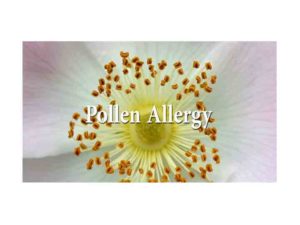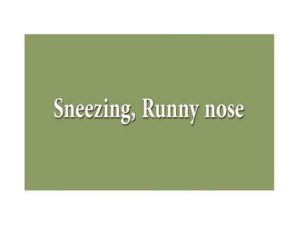Allergic Rhinitis Most Common Treatment Strategy:
Allergic rhinitis most common treatment options include-
Medications
-
Antihistamines: useful in mild to moderate allergic reaction. These include
- Fexofenadine
- Levocetirizine
- Cetirizine
- Diphenhydramine
- Desloratadine
- Loratadine
-
Decongestants:
These drugs relieve stuffy nose and sinus pressure. These drugs are suitable only for shorter time usually for three days. Longer time can cause a rebound effect.
These include:
- Oxymetazoline
- Pseudoephedrine
- Phenylephrine
- Cetirizine with pseudoephedrine
Following history are important before giving these drugs:
abnormal heart rhythm,
heart disease,
history of stroke,
anxiety,
sleep disorder,
high blood pressure,
bladder issues
-
Eye drops and nasal sprays:
They are helpful to relieve itchiness and other allergy related symptoms. Helpful as short time basis. Avoid for long-term use. They can cause rebound effect.
-
Corticosteroids:
Steroid nasal sprays are allergic rhinitis best treatment. They reduce inflammation and immune responses. Long term use of this drugs do not cause a rebound effect
-
Immunotherapy:
It is useful for severe allergies. These shots decrease immune response to particular allergens over time. This therapy require long time.
To get Allergic Rhinitis Most Common Treatment contact us
Summary of Allergic Rhinitis/Hay fever:
Allergic rhinitis, or hay fever, is an allergic response to specific allergens. Pollen is the most common allergen responsible. Worldwide 10-30 % people are suffering from this condition.
Causes of allergic rhinitis?
- Tree pollen
- Grass pollen
- Dust mites
- Animal dander
- Cat saliva
- Mold
Symptoms of allergic rhinitis:
- Sneezing
- Runny nose
- Itchy nose
- Stuffy nose
- Cough
- Sore or scratchy throat
- Watery eyes
- Itchy eyes
- Dark circles under the eyes
- Headaches
- Dry, itchy skin
- Hives
- Fatigue
Types of allergic rhinitis:
Two types, seasonal and perennial.
Seasonal allergies occur only on a particular season.
Occur during the spring and fall season.
This occurs mainly due to outdoor allergens like pollen.
In perennial allergies, symptoms of allergy are present throughout the year.
House dust mites and animal dander are the most important allergen.
Diagnosis of allergic rhinitis:
Clinical history and allergy test are the most important. Finding the causes of AR is important to formulate the management plan.
-
Skin prick test:
SPT is one of the most common and most useful test. It is useful to find out the cause of AR. It is very sensitive and cheap test.
2. A blood test, or RAST/ Immunocap
Skin Prick Test: Most commonly performed test.
- First a small drop of the possible antigen /allergen is placed on your skin.
- Then the doctor will lightly prick the spot with a sterile lancets through the drop.
- There after wait for 15-20 minutes.
- Wheal and flare at the site of pricking indicate positive test. Usually, the larger the wheal, the more likely you are to be allergic.
- A positive test only indicates that the person is sensitized. Clinical correlation is necessary.




